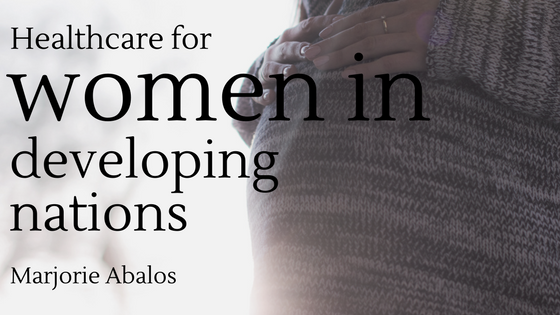Women in developing nations have a steep climb ahead of them to be poised to see the successes and strides in economics, social status, and life expectancy of their Western counterparts. Women’s health is often a secondary concern of many developing nations. Now, though, research has demonstrated that investing in women offers the best Return on Investment in making sure a nation is making healthy progress towards a stable economy and prosperous future. Below are the main areas where women’s health is in need of special attention and has seen some creative solutions.
Menstrual Health Care: Throughout the world, girls’ attendance in school suffers and drops dramatically once a girl begins menstruating. Lots of issues conflate to drive young women out of the classroom. Often, there is inadequate privacy, supplies, running water, or emotional support to help the girls remain clean and confident during their menstrual period. Without the necessary items and sanitation in their school, girls opt out of school for a few days per month, depriving them of important building blocks of their education. After missing too much work, girls will often choose to withdraw completely. A number of initiatives have sought to fight this exact issue by not only supplying girls with menstrual products, but moving the production of such products to the nations so that the jobs and money stay in the country’s ecosystem. In Ghana, for example, sanitary pads are being made from banana fibers grown in the northern region of the country.

